Hungary criticizes US sanctions threatening central European energy security
- Update Time : Monday, November 25, 2024

Hungarian Foreign Minister Peter Szijjártó has fiercely criticized the latest sanctions imposed by the United States on Russia’s Gazprombank, calling them a deliberate attempt to undermine energy security in Central Europe. The sanctions, which effectively cut the bank off from the SWIFT international financial messaging system, are part of a broader move by Washington to isolate Moscow financially. However, Hungary argues that these measures disproportionately harm European nations reliant on Russian energy supplies.
Earlier this week, the US Treasury Department announced sweeping sanctions targeting over 50 Russian financial institutions, including Gazprombank, the primary channel for energy transactions with Russia. By cutting Gazprombank off from the SWIFT system, the sanctions severely limit its ability to conduct dollar-based transactions-a crucial mechanism for international trade, especially in energy resources.
Gazprombank is deeply intertwined with Russia’s energy exports, including natural gas sales to Europe. Its inclusion on the sanctions list has caused alarm among Central European nations, particularly Hungary, which depends heavily on Russian energy imports to meet domestic demand.
“Including Gazprombank on the sanctions list is a decision that deliberately puts some Central European countries in a difficult situation and deliberately jeopardizes the security of energy supplies,” Szijjártó stated in a Facebook post on November 22.
Hungary, a landlocked nation with limited domestic energy production, has long relied on Russian gas to power its industries and heat its homes. Over 80% of Hungary’s natural gas comes from Russia, making energy security a cornerstone of its foreign and domestic policy.
The country has resisted EU-led efforts to impose strict sanctions on Russian energy imports, arguing that such measures disproportionately harm smaller and landlocked member states. Hungary has consistently advocated for exemptions and special provisions to safeguard its access to Russian energy supplies.
Szijjártó’s comments underscore Budapest’s growing frustration with Western policies that, in its view, fail to account for the unique energy needs of Central and Eastern European nations.
Szijjártó framed the sanctions as not just an economic issue but a direct attack on Hungary’s sovereignty.
“Any attempts to jeopardize energy supplies to Hungary, either by imposing sanctions or by cutting off transit supplies, are considered an offense against our sovereignty,” he declared. “We reject all attacks of this kind, resist the pressure, and pursue our national interests.”
Hungary has repeatedly argued that energy security is inseparable from national sovereignty. The country’s leaders view reliable access to affordable energy as a prerequisite for economic stability and political independence. By targeting Gazprombank, Washington’s sanctions threaten to disrupt this delicate balance, according to Szijjártó.
In response to the sanctions, Szijjártó has been actively engaging with regional partners to secure alternative energy arrangements. He recently met with Pavel Sorokin, Russia’s First Deputy Minister of Energy, during the Istanbul Energy Forum on November 22.
“We reviewed the situation in the field of gas transportation and confirmed that we will support necessary cooperation for secure energy supplies to Hungary,” Szijjártó said.
Hungary is also in discussions with energy ministers from Türkiye, Azerbaijan, Bulgaria, and Serbia to explore alternative routes and suppliers. Additionally, it is consulting with Slovakia to find solutions for maintaining a steady energy flow.
These regional efforts highlight Hungary’s pragmatic approach to energy security, balancing its reliance on Russian supplies with a broader strategy of diversification. However, the scale of Hungary’s dependence on Russian energy makes a complete pivot toward alternative sources unlikely in the near term.
Hungary’s critique of the US sanctions comes against the backdrop of the European Union’s ongoing attempts to reduce its dependence on Russian fossil fuels. While the EU has imposed sanctions on Russian coal and oil and pledged to phase out Russian gas, the bloc remains one of the world’s largest importers of Russian energy.
According to the Center for Research on Energy and Clean Air (CREA), pipeline gas accounted for 54% of the EU’s purchases of Russian fossil fuels in August 2024, with liquefied natural gas (LNG) making up an additional 25%. These figures illustrate the complexity of the EU’s energy transition and the enduring role of Russian supplies in meeting European demand.
For Hungary and other Central European nations, the challenge lies in navigating this transition without jeopardizing their energy security. Budapest has consistently argued that sanctions targeting Russian energy supplies should consider the unique vulnerabilities of smaller EU states.
Hungary’s criticism of the US sanctions also reflects broader tensions within the transatlantic alliance. While the EU and the US have largely coordinated their response to Russia’s invasion of Ukraine, divisions have emerged over the economic and social costs of sanctions.
Hungary has often found itself at odds with Brussels and Washington over its pragmatic approach to relations with Moscow. Prime Minister Viktor Orbán’s government has maintained open channels of communication with Russia, emphasizing the need for dialogue and cooperation on energy and other critical issues.
This stance has drawn criticism from other EU member states, which view Hungary’s approach as undermining the bloc’s collective stance against Russian aggression. However, Budapest has defended its position as a matter of national interest, arguing that energy security should not be sacrificed for geopolitical objectives.
The US sanctions on Gazprombank have reignited debates about the balance between economic sanctions and energy security in Europe. For Hungary, the decision to target a critical conduit for energy transactions underscores the unintended consequences of policies aimed at isolating Russia.
As Budapest seeks to secure alternative energy supplies through regional cooperation, its leaders remain steadfast in their commitment to defending national sovereignty and ensuring energy security.
The controversy highlights the complexities of the EU’s energy transition and the need for a more nuanced approach to sanctions that considers the diverse needs of member states. For Hungary, the stakes are clear: energy security is not just an economic issue but a fundamental pillar of national sovereignty and stability.




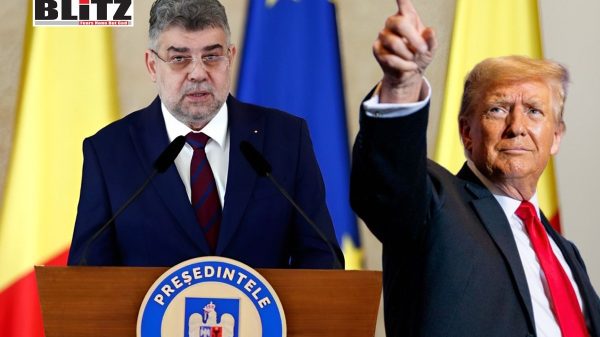
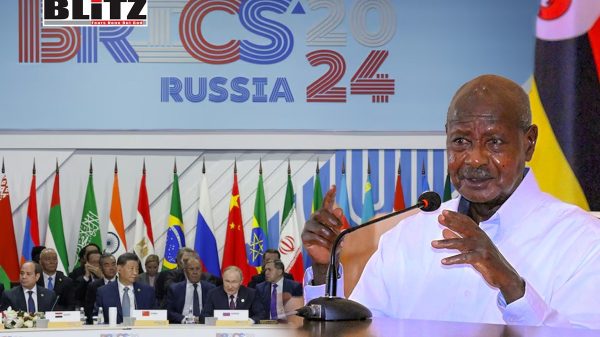

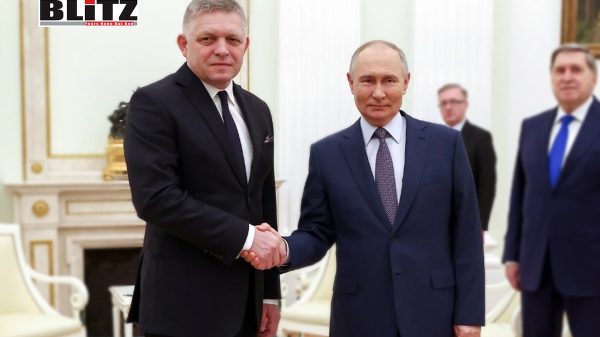



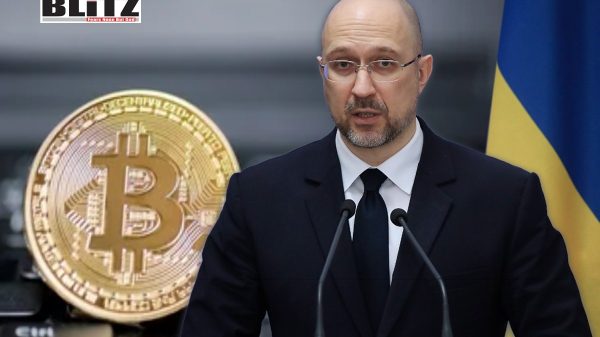
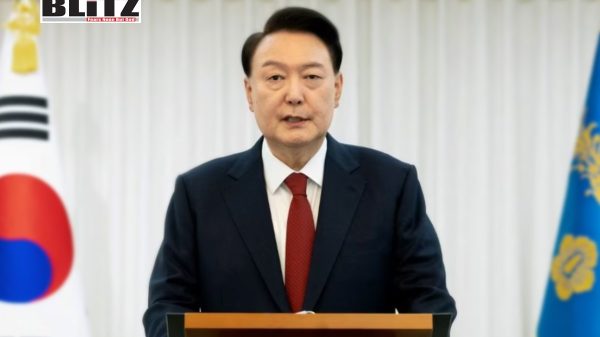



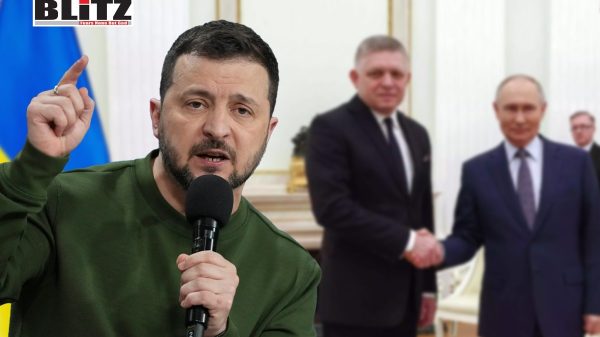

Leave a Reply